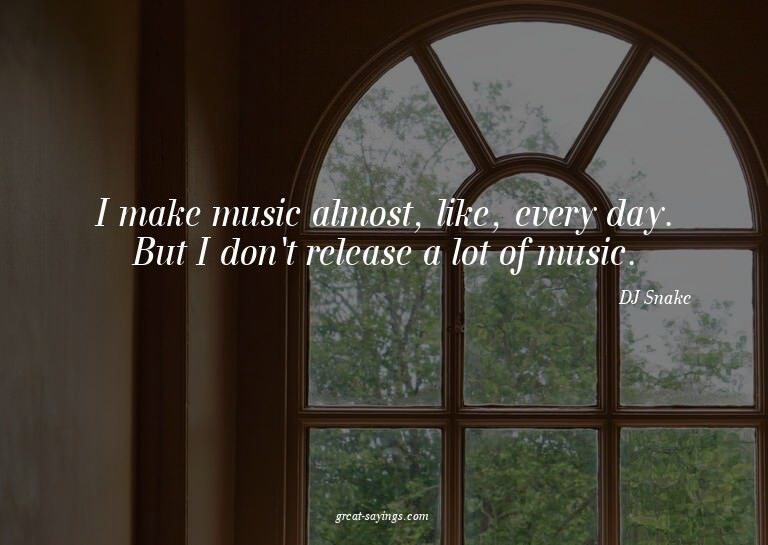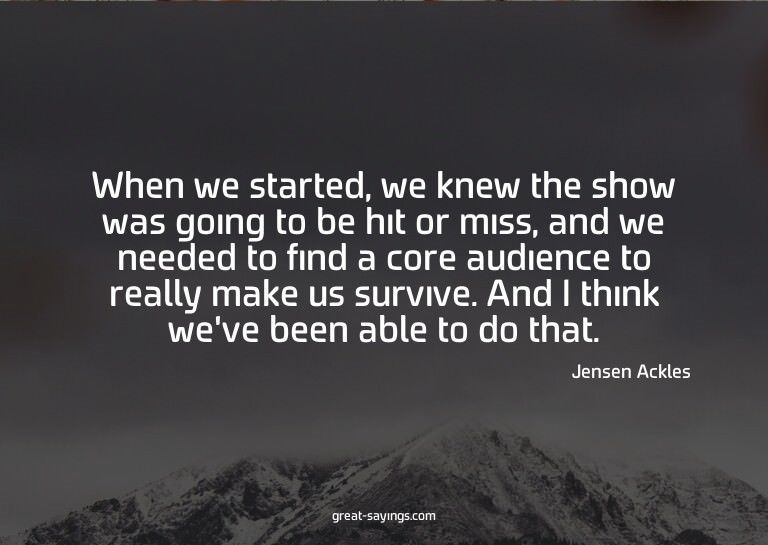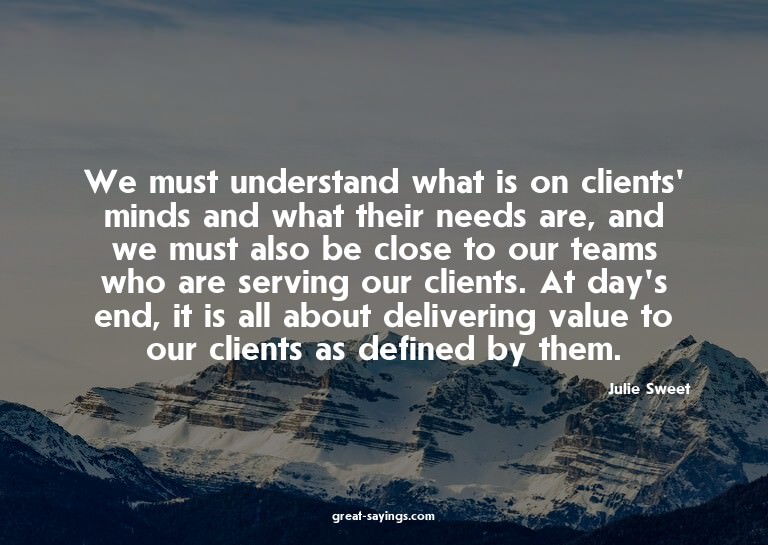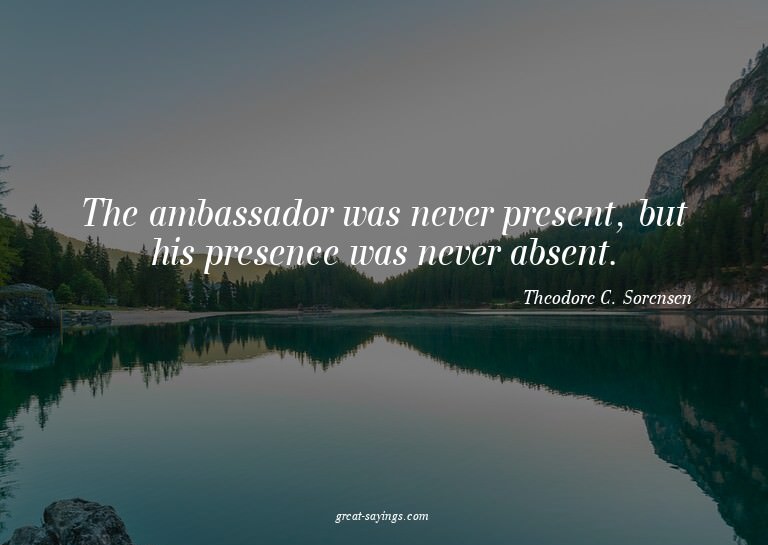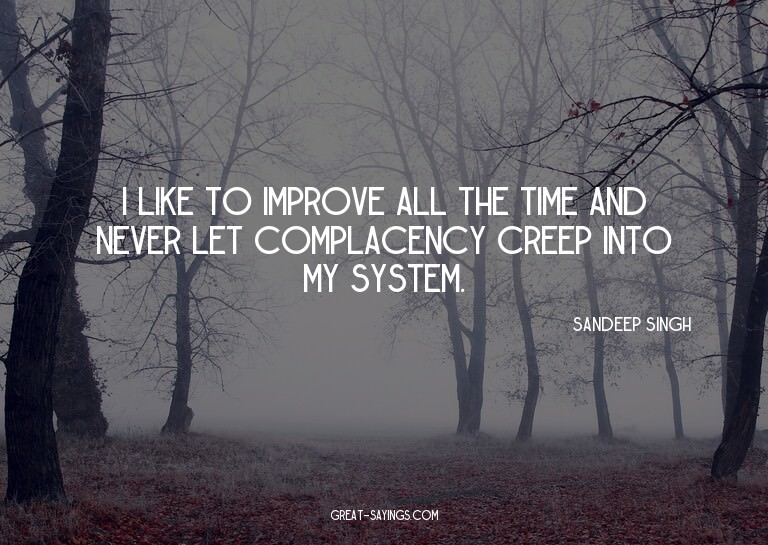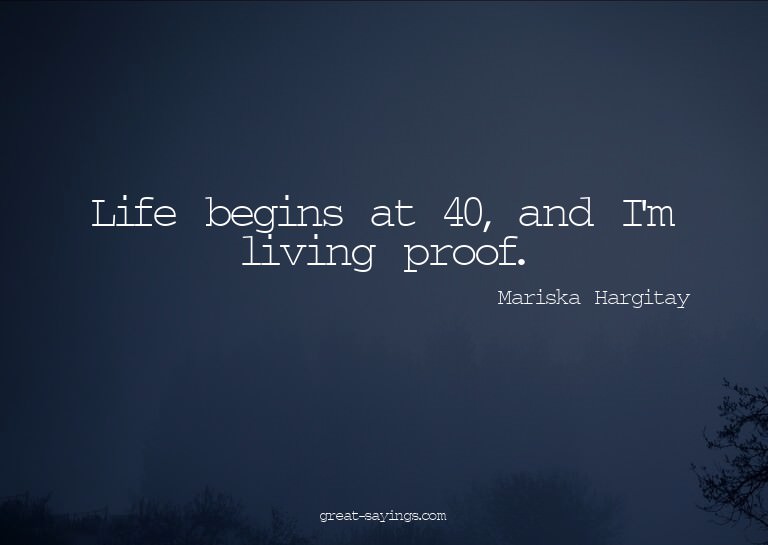Words matter. These are the best David D. Burns Quotes, and they’re great for sharing with your friends.
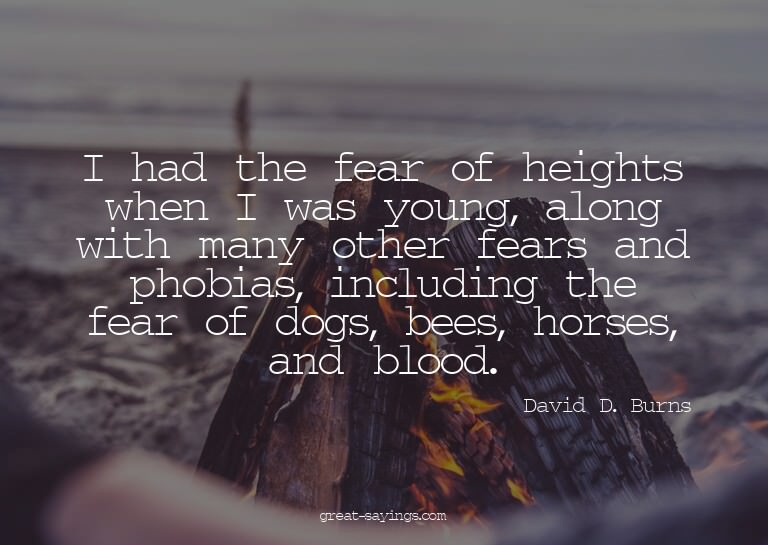
I had the fear of heights when I was young, along with many other fears and phobias, including the fear of dogs, bees, horses, and blood.
The first principle of cognitive therapy is that all your moods are created by your ‘cognitions,’ or thoughts. A cognition refers to the way you look at things – your perceptions, mental attitudes, and beliefs. It includes the way you interpret things – what you say. about something or someone to yourself.
Negative thinking patterns can be immensely deceptive and persuasive, and change is rarely easy. But with patience and persistence, I believe that nearly all individuals suffering from depression can improve and experience a sense of joy and self-esteem once again.
Every time you feel depressed about something, try to identify a corresponding negative thought you had just prior to and during the depression. Because these thoughts have actually created your bad mood, by learning to restructure them, you can change your mood.
Perfectionism becomes a badge of honor with you playing the part of the suffering hero.
Depression can seem worse than terminal cancer, because most cancer patients feel loved and they have hope and self-esteem.
Kindness is the cause of all anxiety.
There is no standard ‘therapeutic process,’ since there are so many different schools of therapy.
That’s one of the peculiar things about bad moods – we often fool ourselves and create misery by telling ourselves things that simply are not true.
A poor self-image is the magnifying glass that can transform a trivial mistake or an imperfection into an overwhelming symbol of personal defeat.
People who are prone to anxiety are nearly always people-pleasers who fear conflict and negative feelings like anger. When you feel upset, you sweep your problems under the rug because you don’t want to upset anyone. You do this so quickly and automatically that you’re not even aware you’re doing it.
Although no one treatment will ever be a panacea, research studies indicate that cognitive therapy can be helpful for a variety of disorders in addition to depression.
Powerful new drug-free treatments have been developed for depression and for every conceivable type of anxiety, such as chronic worrying, shyness, public speaking anxiety, test anxiety, phobias, and panic attacks. The goal of the treatment is not just partial improvement but full recovery.
Therapy is not to ‘talk about’ things, but to change the person’s life, and to relieve suffering, such as depression, anxiety, or relationship problems.
Learning to accept failure on multiple levels is, to my way of thinking, the key to become a world-class therapist. But that means humility, and setting your ego aside, while you develop superb new technical skills.
I have been amazed by the interest in cognitive behavioral therapy that has developed since ‘Feeling Good’ was first published in 1980. At that time, very few people had heard of cognitive therapy.
When you change the way you think, you can change the way you feel.
Most people do surprisingly poorly when dealing with a relative who is hurting, depressed, or anxious – we get defensive and try to solve the problem rather than finding the truth in what the person is saying.
Most mental health professionals, including clinicians and researchers, endorse the deficit theory. They’re convinced that we wage war simply because we don’t know how to make love. We desperately want loving, satisfying relationships but lack the skills we need to develop them.
It’s very rare to have a patient who isn’t absolutely delighted when you say, ‘I read your feedback. The session didn’t go well. You actually got more upset, and I made about three really horrible errors.’ If you do that from the heart and not as a gimmick, boy, it’s a wonderful thing.


